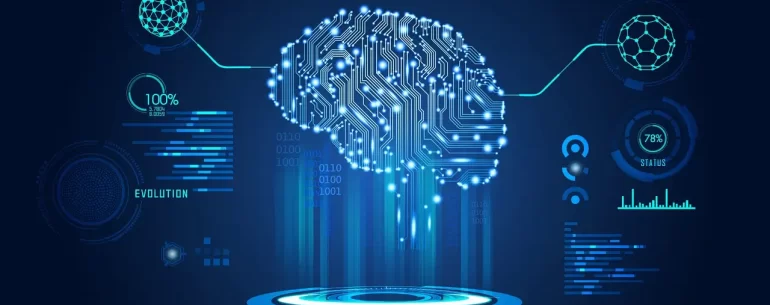The rise of the modern smartphone has revolutionised the way we communicate, work and interact with the world around us. These pocket-sized powerhouses have become an indispensable part of our daily lives, replacing numerous standalone devices and rendering them obsolete. Below are just a few Previous Tech Essentials That Have Been Usurped by the Modern Smartphone.
The History of Smartphones
Smartphones have come a long way since their inception, combining the functionalities of mobile phones, personal digital assistants (PDAs) and other portable devices into a single, all-encompassing device. But just how did the smartphones we know today become a reality? Their development involved various stages including:
Early stages; In the early 2000s, companies like Nokia, BlackBerry, and Palm pioneered the concept of smartphones by introducing devices with email capabilities, QWERTY keyboards and basic internet connectivity.
The iPhone – the smartphone that changed everything: The introduction of Apple’s iPhone in 2007 marked a significant milestone in smartphone history, revolutionising the industry with its innovative touchscreen interface and intuitive user experience.
The introduction of Android: Android, Google’s open-source mobile operating system, emerged as a formidable competitor to iOS, offering a wide range of smartphones from various manufacturers and driving further advancements in the smartphone market. Unlike Apple, Google Android was available for licence to all phone manufacturers, hugely expanding the range of choice available to consumers and driving competition.
Smartphones as Mobile Computers
Modern smartphones are essentially powerful pocket-sized computers that offer a myriad of capabilities. Below are just a few of their capabilities that are borrowed directly from computer innovation:
Processing Power: Smartphones now feature multi-core processors, capable of handling complex tasks and running sophisticated applications. Indeed, the modern smartphone is around seven million times more powerful than the computers that took man to the moon.
Storage Capacity: With built-in storage ranging from tens to hundreds of gigabytes, smartphones have replaced the need for separate MP3 players, portable gaming devices and even some laptops. This has only been made possible by considerable advances in computing tech plus the real-world application of the famous Moore’s Law.
Connectivity: Smartphones offer seamless internet connectivity, allowing users to browse the web, access social media and stream multimedia content on the go.
Applications: Just like computers before them, today’s smartphones are capable of running powerful software (commonly called apps in the mobile arena) that massively enhance the overall user experience. If you’re looking to develop a mobile app, contact Deepbluemedia (a Tenerife app development company) for more information and pricing. Also, if you’re looking for a host company to run your applications, here are some questions you should ask your web hosting company prior to partnering with them.
Popular Smartphone Models
Several smartphone models have captured the market and become household names. Here are a few of the most popular ones:
Apple iPhone: The iPhone, with its sleek design, intuitive interface and extensive app ecosystem, has remained one of the most sought-after smartphones since its inception. Rightly considered the pioneer of smartphones, the iPhone retains a huge market share and a massively loyal userbase.
Samsung Galaxy and other models: Samsung’s Galaxy series, powered by the Android operating system, offers a diverse range of models catering to different user preferences and budgets.
Google Pixel: The Pixel series showcases Google’s vision for an optimised Android experience, featuring top-of-the-line cameras and seamless integration with Google’s services.
Tech Replaced by Smartphones
The modern smartphone has rendered many standalone devices obsolete, replacing them with its versatile functionalities. Listed below are just a few of the previously ‘essential’, standalone technologies that have been almost completely usurped and rendered largely useless:
- Digital cameras and camcorders
- MP3 players and portable music players
- GPS navigation devices
- Handheld gaming consoles
- Personal digital assistants (PDAs)
- Portable DVD players
- Flashlights and torches
- Voice recorders
- Alarm clocks and wristwatches
- Portable scanners
- Portable radios and Walkmans
- Physical maps and atlases
A Mobile Revolution That Shows no Signs of Slowing
Smartphones have not only revolutionised the way we communicate but have also absorbed and replaced numerous standalone technologies. Their evolution from basic mobile phones to sophisticated mobile computers has transformed the way we interact with the world, carry out daily tasks and access information. As these pocket-sized marvels continue to evolve and innovate, it’s exciting to anticipate the future possibilities they will bring that will undoubtedly further shape our digital lives.


